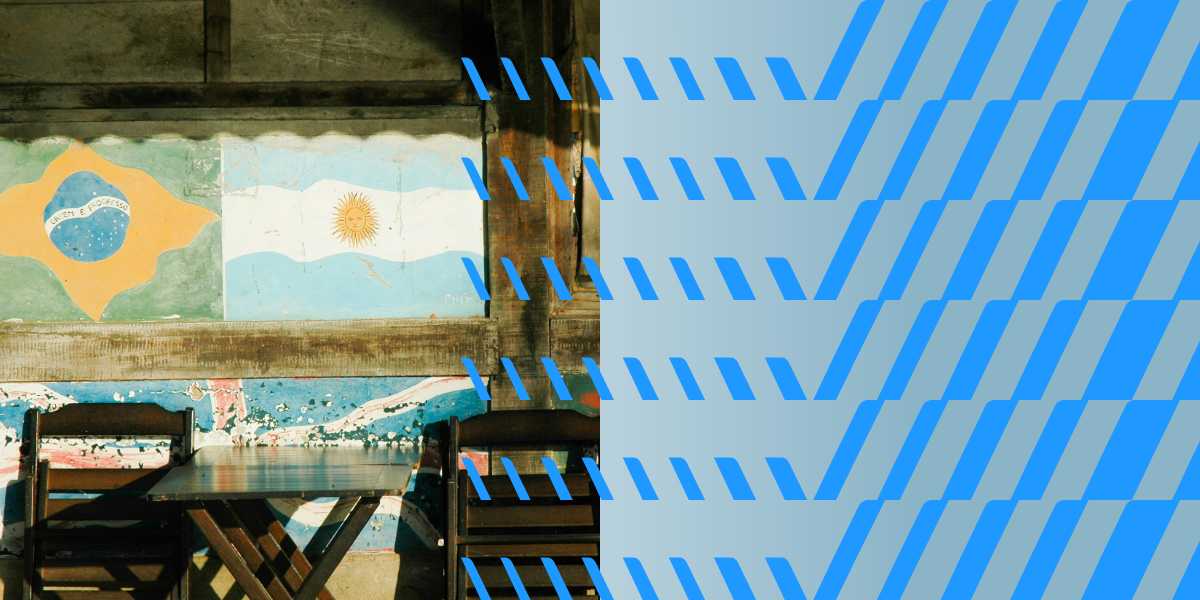Navigating how legal information is gathered, parsed, and disseminated is a challenge as regulatory complexities vary from one jurisdiction to the next, domestic and foreign. Regulatory environments across Latin America are no different, making the job of international due diligence investigators a challenge in complex judiciary systems such as those in Brazil, Peru, and Mexico.
Investigative due diligence is a dynamic field itself, yet in the international sphere, specifically Latin America, the types of information available on subjects can be confusing—especially when it comes to litigation. Latin American countries are known for being particularly litigious; if a subject or business entity is based in Latin America, the chances of having been involved in at least one civil litigation matter is relatively high.
In Brazil, businesses quite often sue government over the collection of taxes. As a result, some entities placed on government lists for tax violations are likely battling government in court. It is not always clear cut as to whether or not a company has violated tax laws. International due diligence investigation reports must be transparent about such caveats.
As a country, Brazil does not rank well on Transparency International’s Corruption Perception Index, which grades countries on a scale from zero (representing the highest level of corruption) and 100 (representing the least corrupt). According to a 2018 report, Brazil and Peru both received a score of 35.
A recent Vcheck Global Investigator article discussed how deficiencies in Peruvian banks’ anti-money laundering systems, coupled with a failure among banks to report suspicious accounts and activities, led to billions of illicit funds flowing through the Peruvian finance system since 1998. Those funds have been tied to drug trafficking, tax evasion, illegal gold mining, and corruption—activity that can become fuel for litigation in Peru. Again, it is incumbent upon the international due diligence investigator to be fluent in government regulation to build a case that accurately represents a subject or entity’s involvement in litigation.
Similar regulatory complexities are found in Mexico, which fared worse than both Brazil and Peru on the Corruption Perception Index with a score of 28. More than half of Mexico’s population reported having to pay bribes to use public services, according to a recent article published by Vcheck Global.
Moreover, all civil litigation records in Mexico are publicly available and every step is catalogued. While this may seem beneficial to the public, superfluous information clutters court case dockets. International due diligence investigators working on cases in Mexico must have a thorough understanding of the judicial system to avoid costly misinterpretations.
Regulatory systems across Latin America can be just as complex as those found in Mexico, Brazil, and Peru. Unfortunately, there are citizens, business entities, and politicians working hard every day to make sure that corruption goes unnoticed. Expert investigators in Latin American regulatory systems, such as those working with Vcheck Global, are equipped to navigate these issues as they speak native languages and have access to sources on the ground if necessary. They know what tools to use and paths to follow to uncover corruption and help prevent costly and even dangerous relationships from forming.
JJ Davis is an International Due Diligence investigator whose primary area of expertise is Latin America. He is currently studying Intelligence Operations through American Military University and graduated from Boston University in 2016.

